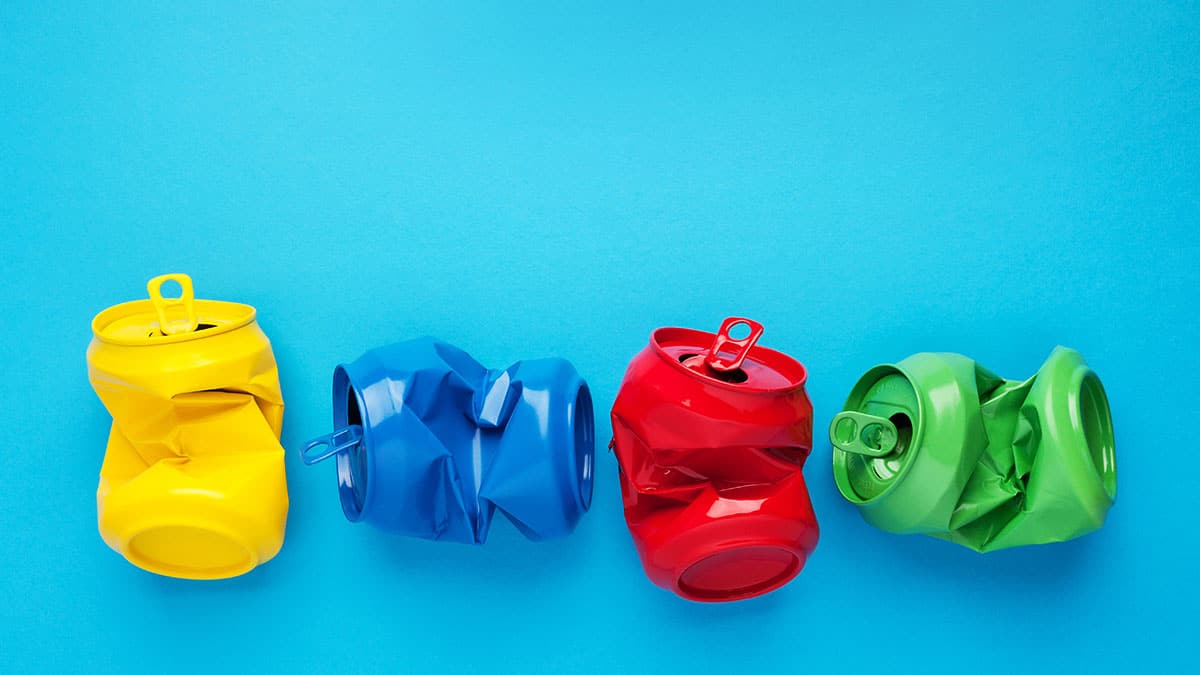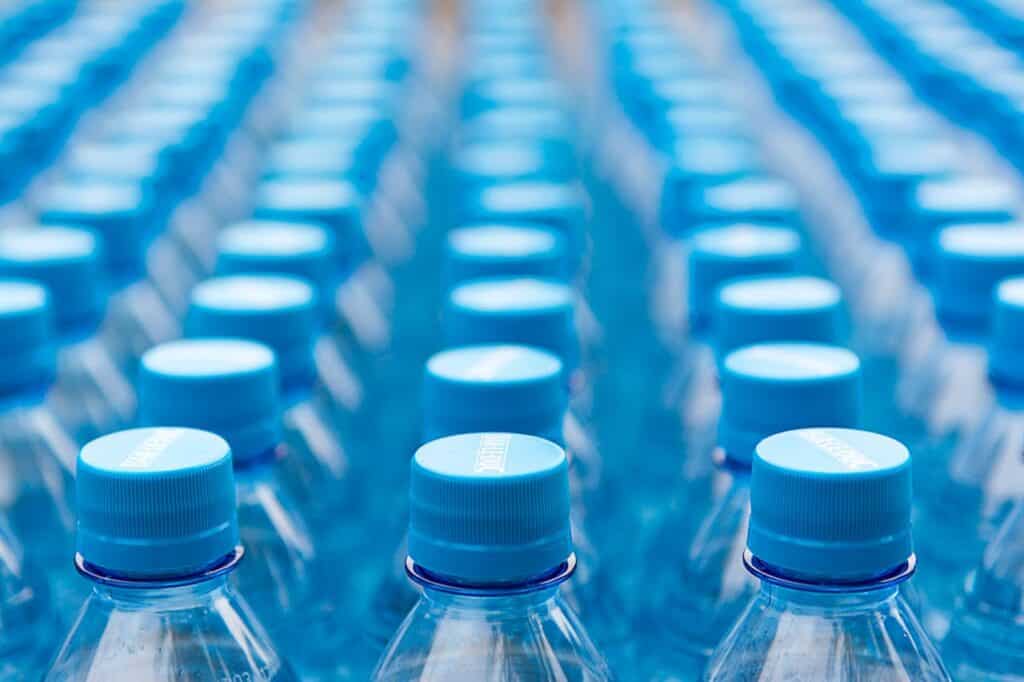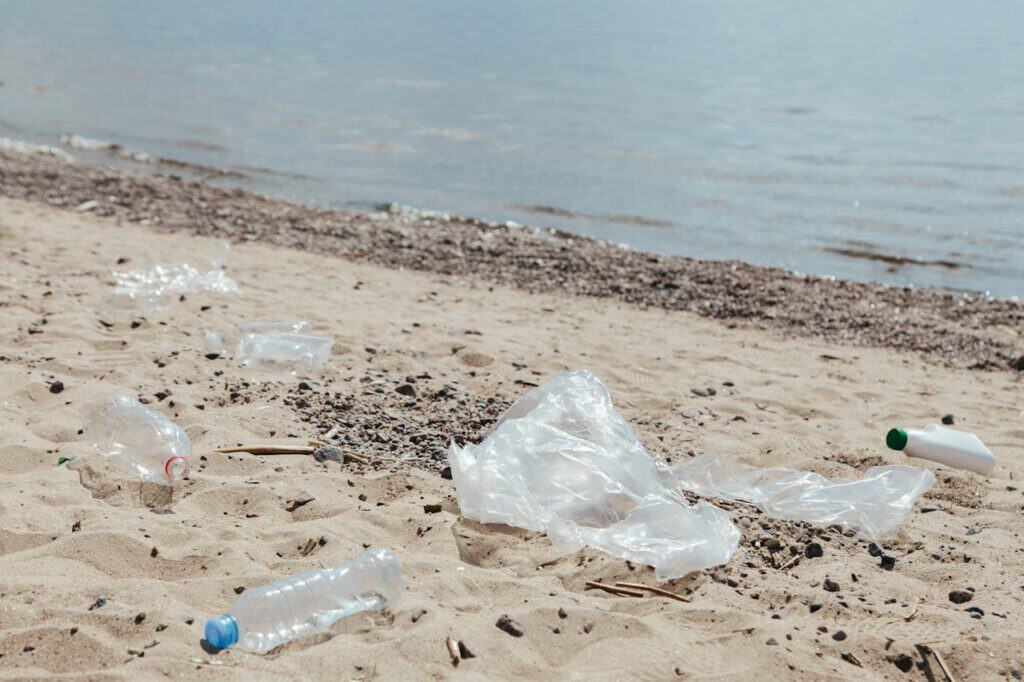The environment is something that we should all be concerned about. Our carbon footprints are worryingly large, and we live in an age of mass production and mass consumption. A throwaway society that sends so much that we make and own to landfill, only to be replaced by more.
But as landfills rise, and we hear about plastic islands floating in the ocean affecting wildlife, it is all of our concerns to make sure that we are looking after this world before it is too late.
One of the things that everybody on the planet can do is help out with is recycling. Instead of throwing everything into general waste and letting it become somebody else’s problem, we should all be taking the initiative to look for ways that we can help the environment by seeing what can be recycled.
PVC Recycling
PVC is the third most commonly used form of synthetic plastic polymer. The world uses so much of it that around 40 million tonnes are produced each year. PVC is widely used in piping, doors, windows, and in things like bottles. In it’s softer form, it can be used in wiring insulation, and along with cotton, it can be used to create items made of canvas.
PVC can be ground down and recycled. From there it can be used in drainpipes, medical equipment, and even food packaging.
PP Recycling
Polypropylene is another very widely used plastic. PP is a durable plastic that can withstand heat. It is often used for food containers such as margarine tubs, and for medication bottles. It is a plastic that is used across a range of industries.
PP can be recycled, although it is not recycled at the same levels as many other plastics. When recycled, PP can be turned to practical items such as brooms and rakes. It can be made into plastic trays.
HDPE
High-Density Polyethylene or polythene is a very commonly used plastic which is mainly known for its strength to density ratio. It is used in everything from plastic bags, water bottles, crates, to water pipes. The material is exceptionally resistant to chemicals, making it ideal for chemical storage and for use in things like petrol cans.
In its recycled form, HDPE can be used to create items such as recycling bins, pipes, and can also be used for plastic lumber.
When it comes time for you to dispose of any of your plastic items, check to see what it is made of and find somewhere suitable to recycle it. When it comes to recycling, the responsibility lies with you to ensure that it is disposed of in a way that will not harm the environment or add to the landfill sites.
If you are a business or a contractor, then you should look into bulk recycling services for any waste materials that you are using within your trade. Minimizing your companies impact on the environment by encouraging sustainable use of plastics should be central to your companies goals.








